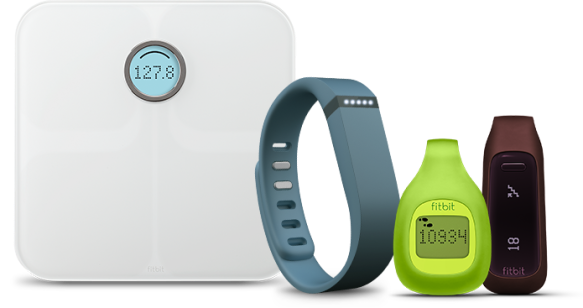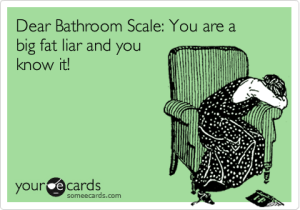
It took a while to improve upon the humble pedometer. This tiny wearable device, typically attached on or near one’s waist, has been tracking how many steps and how much distance we travel each day ever since its invention by Abraham-Louis Perrelet back in 1780.
But with the relatively recent explosion of wearable digital activity trackers on the market, I’m now waiting for the randomized control trial that compares Fitbit or any other similar device head to head with that simple old-fashioned pedometer. In other words:
Q: Just because you make it digital, does it make it better?
Continue reading

 Yes, indeedy, it is that time of year when you create the impersonal yet one-size-fits-all
Yes, indeedy, it is that time of year when you create the impersonal yet one-size-fits-all  I had some questions, and
I had some questions, and  Ever notice how, ever since you ordered that discount kitty litter online, you’ve been seeing cat food ads popping up on other unrelated sites you visit? That’s happening because you’re being stalked by marketers. In fact, just reading this post here on
Ever notice how, ever since you ordered that discount kitty litter online, you’ve been seeing cat food ads popping up on other unrelated sites you visit? That’s happening because you’re being stalked by marketers. In fact, just reading this post here on  “If you build it, they will come.”
“If you build it, they will come.”